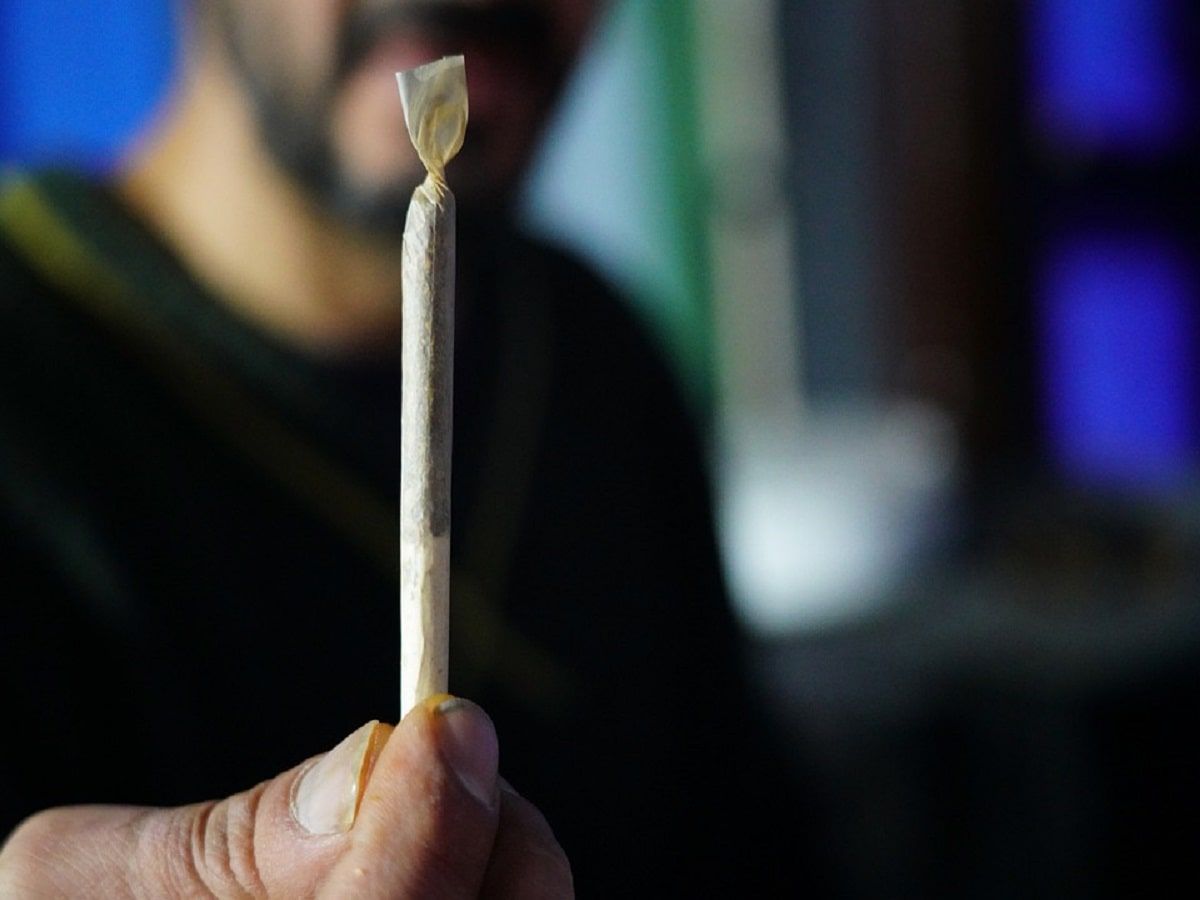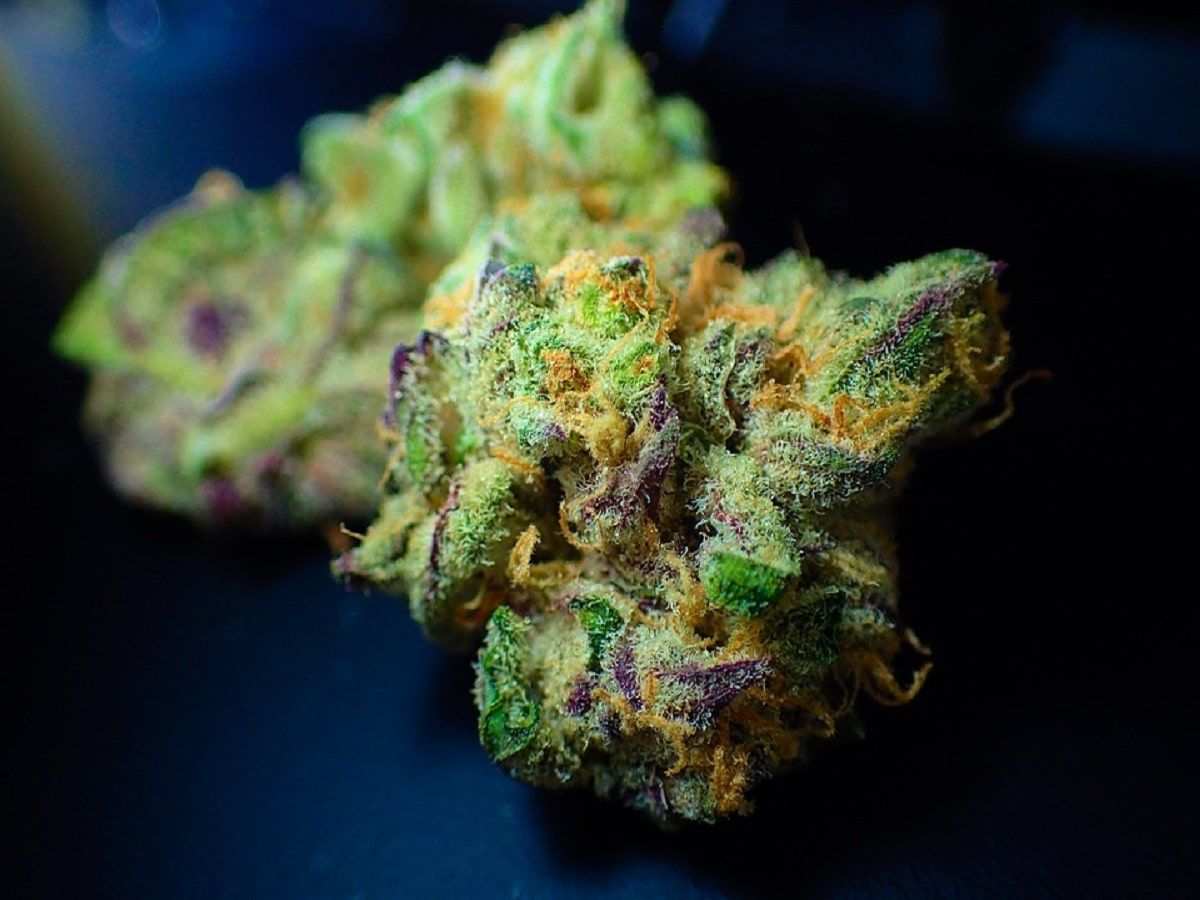As 2022 draws to a close we will look back on the biggest stories from the international cannabis community over the last year.
Germany
The biggest story of 2022 for international cannabis was clearly the unveiling of the long-awaited adult-use legalization plan in Germany. Germany’s Health Minister Karl Lauterbach made a formal presentation of the plan to the federal cabinet in October, and Minister Lauterbach is currently lobbying the European Union for its approval to officially introduce the measure which would legalize adult-use sales, possession, and home cultivation. The measure would also remove cannabis from Germany’s narcotics law. Legalization in Germany will have a domino effect on the continent, if not the world, with leaders in the Czech Republic already indicating that they will follow Germany’s lead.
Thailand
It is likely a safe bet that Thailand experienced more cannabis policy activity in 2022 than any other nation on the planet. In June Thailand implemented a very unique and historic cannabis policy, providing the opportunity for every household in the country to sign up to cultivate low-THC cannabis. In many ways Thailand’s new approach to cannabis policy is unlike anything else on earth. Unfortunately, after the new policy took effect cannabis opponents ramped up efforts to go backwards on cannabis policy. Regardless, 2022 was an enormous year for Thailand on the cannabis policy front.
Italy
In late 2021 Italy seemed poised to legalize cannabis in 2022, with local activists having submitted hundreds of thousands of signatures to put legalization to a vote. Enough of the signatures were deemed to be valid, however, Italy’s Supreme Court effectively vetoed the measure in February before voters receive the opportunity to weigh in.
Malta
One of the brightest moments in 2021 occurred when Malta became the first country in Europe to pass an adult-use legalization measure. The measure legalized possession and non-profit cannabis clubs, yet it did not legalize a regulated industry. Fortunately, it was announced this month that progress was made on the bureaucratic front for cannabis clubs, which was often unclear throughout 2022, and that applications for clubs will be available early in 2023.
Russia
It was a particularly tumultuous year for international basketball superstar Brittney Griner who was arrested at a Moscow airport for allegedly possessing vape pen oil in her luggage. Griner played professional basketball in Russia, in addition to the United States, and was traveling for work purposes. Griner would eventually be convicted and sentenced to 9 years of hard labor in a Russian prison camp. Fortunately, Griner would be freed as part of a prisoner swap between Russia and the United States, ending the 10-month ordeal, but not before highlighting how truly terrible Russia’s cannabis policies are.
Slovenia
Cannabis reform efforts ramped up considerably in Slovenia in 2022, with one of the nation’s leading public health experts, Cf. Dušan Nolimal Ph.D., calling for an end to cannabis prohibition in the Balkan nation via an op-ed in the country’s largest media publication. The University of Ljubljana, in conjunction with the Research Nature Institute, also held a seminar in 2022 that featured leading cannabis experts from all over the globe.
Canada
Canada is home to the largest ‘cannabis policy experiment’ on earth as of right now, and 2022 marked the four-year anniversary of the launch of national adult-use sales in Canada. As part of Canada’s cannabis policy approach, the government is conducting a four-year review to see what lessons can be learned. That information will not only be useful to Canada, but also to other countries that are considering following in Canada’s footsteps.
United States
Federal cannabis policy reform in the United States continues to remain elusive on many fronts, however, there was one historic moment in 2022. For the first time since the start of federal cannabis prohibition in the United States the nation’s Congress passed a stand-alone cannabis measure. The ‘Medical Marijuana and Cannabidiol Research Expansion Act’ was passed and signed into law this year, with the measure geared towards boosting cannabis research efforts in the U.S. Unfortunately, the research legislation was the only federal cannabis measure passed in the U.S. in 2022.
Morocco
Historically, Morocco has served as a top international supplier of unregulated cannabis, especially hashish. Morocco was very active in 2022 as it works to move domestic cannabis production into a regulated system. In a historic first, Morocco issued the nation’s first cannabis production permits in 2022.
Zimbabwe
Zimbabwe is currently the largest producer of tobacco on the African continent, with tobacco accounting for as much as 20% of Zimbabwe’s exports. With demand for tobacco products shrinking across the globe, farmers in Zimbabwe are looking for a better crop to cultivate. In 2022 Zimbabwe’s emerging cannabis industry made significant strides, with nearly 5 dozen cannabis companies operating within Zimbabwe’s borders during the year.
Rwanda
Rwanda is one of the poorest countries on earth, with war and conflict being a big contributor. Any economic boost is surely welcomed in Rwanda, and fortunately cannabis reform and an emerging industry are ramping up. Rwanda’s government designated 134 hectares for cannabis production in 2022, and that will hopefully lead to more economic opportunities for the African nation.
Israel
When it comes to cannabis research, Israel has long served as an international leader. Every year researchers in Israel conduct insightful cannabis research, and 2022 was no exception. Additionally, one thing that was extra noteworthy in Israel in 2022 was the nation permitting cannabis seed exports to the United States for the first time.
China And Japan
At a time when cannabis reform seems to be spreading to every corner of the globe, China and Japan are both going in the opposite direction. In China’s largest financial hub, Hong Kong, government officials announced a looming crackdown on CBD businesses in 2022 (to take effect in 2023), with the proposed penalty for future violations being as much as 7 years in prison. In Japan, a government health panel recommended in 2022 that the country boost limited safe access to medical cannabis, which is commendable to some degree. However, coupled with that was an additional recommendation to make the mere act of having consumed cannabis a crime, and that is obviously unacceptable.
Australia And New Zealand
The University of Sydney announced in 2022 that it would offer free cannabis testing to residents of the Australian Capital Territory. In New Zealand, where voters narrowly shot down an adult-legalization measure two years prior, the government announced in 2022 that domestic cannabis production would finally become a reality after years of patients having to solely rely on imported products.
Uruguay
Uruguay will always hold the title of being the first country to ever pass a national adult-use cannabis legalization measure. Yet, the nation’s cannabis policies are still evolving all of these years later, with it being announced in late 2022 that pharmacies would start selling a new variety of cannabis with higher amounts of THC and lower amounts of CBD.
Colombia
It was a very active year in Colombia, where lawmakers continue to work towards passing an adult-use legalization measure. Successful votes were held in 2022 to push legalization forward, and it could result in legalization being pushed over the top in the coming year.
Brazil
Brazil was another country that experienced quite a bit of cannabis activity in 2022, on both the political and industry sides of the cannabis equation. This year also included court decisions in Brazil that bolstered legal protections for medical cannabis patients that cultivate their own medicine.
Argentina
Not to be outdone when it comes to cannabis activity in 2022, Argentina could easily make a case that it was the most active nation in South America. In addition to issuing its first domestic cannabis production license, the government of Argentina launched a public company to provide seeds, testing, and training to the nation’s emerging industry.
Bermuda
It was a bittersweet year for cannabis advocates in Bermuda, where lawmakers approved a substantial cannabis reform measure just to have it later blocked by the nation’s UK-appointed Governor. Due to colonization laws, Bermuda must receive ‘royal assent’ from the UK via an appointed Governor. It’s unclear if/when Bermuda will ever be able to decide its own cannabis policies.
What Didn’t Happen In 2022
Just as it is important to highlight what did occur in 2022 within the international cannabis community, it’s also worth mentioning what did not occur. Going into 2022 Luxembourg seemed poised to pass an adult-use legalization measure, with the same seeming to be true about Mexico and South Africa as well. Unfortunately, legalization never materialized in any of the three countries in 2022.
In the cases of Mexico and South Africa, previous court decisions determined that cannabis prohibition was unconstitutional, however, lawmakers have struggled to fully implement those decisions. Hopefully 2023 will prove to be the year that legalization measures get across the finish line in all three countries, and beyond.












